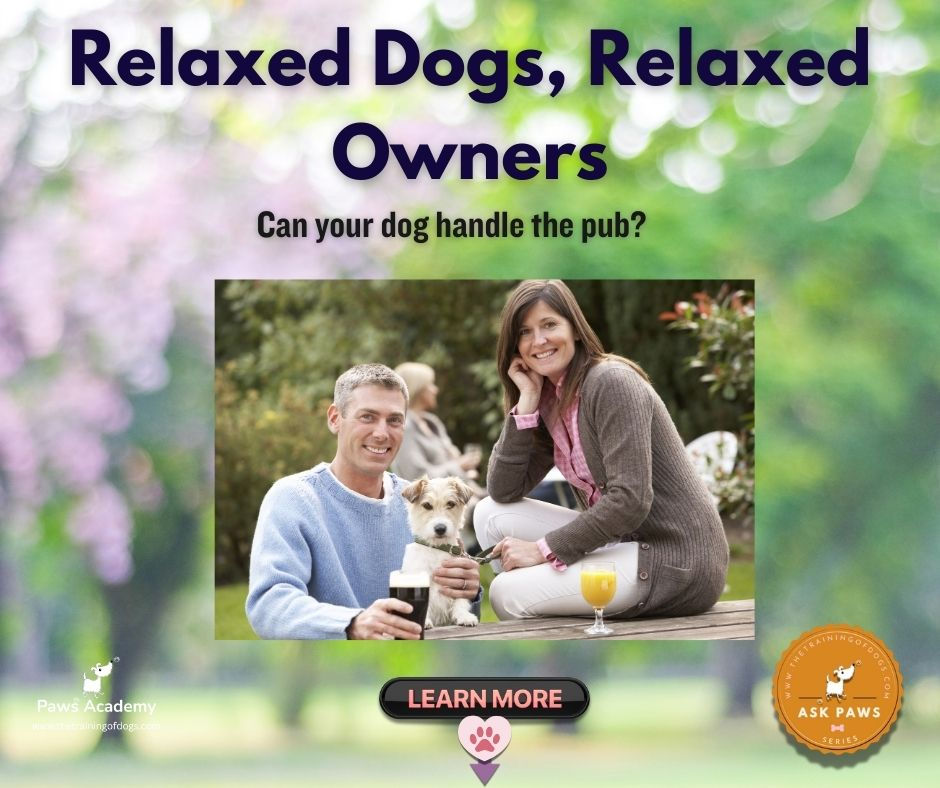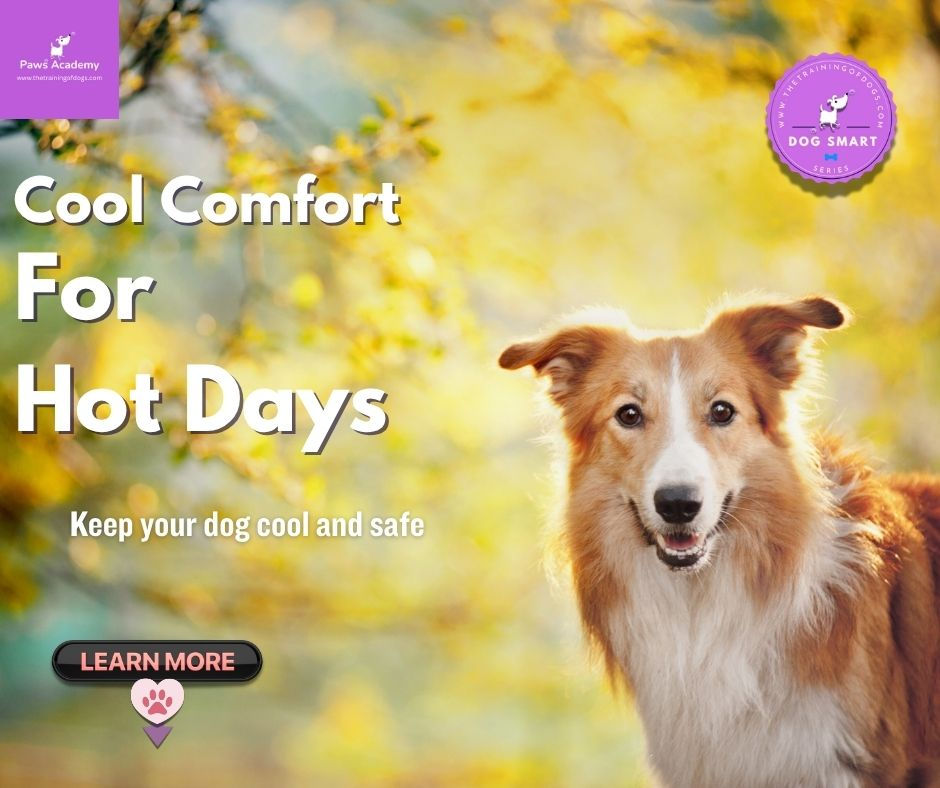Why Does My Dog Eat Cat or Fox Poo? Understanding the Habit and What You Can Do About It
- Paws Academy

- Aug 28, 2025
- 6 min read

If you’ve caught your dog snuffling around and eating cat poo or fox poo, you’re definitely not alone. It’s one of those behaviours that turns your stomach but seems almost impossible to stop. You’re not being dramatic if you say it’s gross. It is. But before you worry that your dog has some deep-seated issue or that you’ve failed in some way, take a breath. This behaviour, while unpleasant, is more common than you’d think. And there’s usually a good reason for it.
Let’s break it down in a way that’s honest, useful and judgement-free.
The Basics: What’s Actually Going On?
The official term for poo-eating is coprophagia. Not the most charming word, but it helps to put a name to it. Some dogs eat their own poo, some go for other dogs’ poo, and some seem to have a particular taste for cat or fox droppings. It can start in puppyhood and continue into adulthood if not addressed, or it can develop suddenly in older dogs.
The truth is, dogs are scavengers by nature. It’s in their DNA. They evolved to survive on whatever was available, and in the wild, that often included rotting food, animal remains and yes, faeces. What makes it worse is that cat poo and fox poo are often full of protein or other appealing (to them) smells, especially if the animal is eating a rich or meaty diet. To your dog, that isn’t filth, it’s a snack. Not a welcome one for you, but still.
Is It Normal?
As grim as it is, the short answer is yes, it’s normal. Normal doesn’t mean ideal, and it doesn’t mean you have to live with it, but it does mean you’re not dealing with something freakish or dangerous in most cases. Dogs explore the world through their mouths. If something smells remotely edible or interesting, many will give it a go.
It can be hard not to react strongly when you see your dog munching away on something you wouldn’t want on the bottom of your shoe, never mind in their mouth. But reacting with panic or disgust can sometimes make the behaviour worse. For some dogs, your strong reaction makes it more exciting. Others may simply ignore you and keep going.
Why Cat Poo and Fox Poo in Particular?
Cat poo:
If you’ve got cats at home or your neighbours do, you may have noticed your dog sniffing around the litter tray or the garden borders where cats tend to go. Cat poo is high in protein and fat because cats are obligate carnivores. That makes their droppings particularly appealing to dogs. Add the fact that it’s often fresh and easily accessible in litter trays or flowerbeds, and it’s basically a dog buffet.
Fox poo:
Foxes eat all sorts of things, from small animals to fruit and scavenged leftovers. Their poo can have strong smells that dogs find fascinating. In some cases, dogs don’t just eat fox poo, they roll in it. Why? We don’t know for sure, but theories suggest it’s a throwback to pack hunting behaviour. Smelling like another animal’s scent could have helped dogs get closer to prey or fit in with the scents in their environment.
Fox poo is also particularly pungent. While that’s awful for us, it’s like perfume to many dogs.
Should You Be Worried?
Most of the time, the act itself isn’t dangerous. But that doesn’t mean it’s risk-free. Cat and fox poo can carry parasites, bacteria and other nasties that your dog could pick up. Things like roundworms, giardia, coccidia, or toxoplasmosis are real concerns.
That doesn’t mean your dog is guaranteed to get sick. Many dogs eat poo regularly and seem to have iron stomachs. But it’s something to be aware of, especially if your dog is prone to vomiting, diarrhoea or is immunocompromised.
Also, if the behaviour starts suddenly in an older dog, it’s worth checking in with your vet. In some cases, dogs with nutritional deficiencies, diabetes, or issues with absorption in the gut might seek out poo as a misguided way to balance things out. It’s rare, but not unheard of.
Is It a Sign of a Bad Diet?
Possibly, but not always. A dog eating a good-quality, well-balanced diet may still indulge in poo-eating. However, if your dog is on low-quality food, not getting enough nutrients or eating too much filler, they may try to supplement that with whatever they find lying around.
That said, most of the time it’s about opportunity, boredom, or habit more than true hunger or deficiency. Still, it doesn’t hurt to review your dog’s diet with your vet or a qualified nutritionist.
What Can You Do About It?
Now for the part you’ve been waiting for. The fix. While there’s no magic wand, there are steps you can take that actually help. And none of them involve shaming your dog or making you feel bad either.
1. Manage the Environment
This is your number one tool. If you can stop your dog accessing poo in the first place, you’re halfway there. If you have cats at home, make sure their litter tray is out of reach. Covered trays with top entry or placing the tray in a gated area only the cat can access can help.
In the garden, scoop poo as soon as possible. Walk your dog on a lead in areas where fox poo is likely, especially in the countryside or woodland paths.
2. Teach a Solid “Leave It” or Recall
Training your dog to respond reliably to a “leave it” or a strong recall can give you a real advantage. It’s not about shouting across a field, it’s about practising in calm settings first and building up so your dog listens even when they’re excited.
If your dog is off lead and spots a pile of poo, you need a way to redirect them that they’re happy to respond to. That might mean using high-value treats or toys as a trade, especially in the early days.
3. Keep Them Engaged
A bored dog is more likely to go sniffing for something to entertain themselves. Make sure your dog gets regular mental and physical stimulation. Use food puzzles, scent games, or varied walks to keep things interesting. If they’ve got a job to do, they’re less likely to go scavenging.
4. Look at Diet
You don’t need to overhaul your dog’s diet just because they’ve eaten poo a few times. But it is worth looking at what they’re eating. Are they on a balanced, age-appropriate food? Are they underfed or overfed? Are there long gaps between meals?
Feeding smaller, more frequent meals or adding extra enrichment around feeding time can make a difference.
5. Avoid Harsh Punishment
Yelling, scolding, or physically pulling your dog away in anger won’t help in the long run. It can create anxiety or even make your dog sneak off to eat poo when you’re not looking.
Instead, calmly interrupt the behaviour and redirect them. The goal isn’t to make your dog scared of you. It’s to help them learn that not eating poo leads to better outcomes.
Is There Anything You Can Add to Their Food to Stop It?
You’ll see a lot of products claiming to stop poo eating. These usually work by making the dog’s own poo taste bad (which seems odd given they already eat poo). Some people use natural remedies like pineapple or pumpkin. The truth is, results are mixed.
These might help in cases where a dog eats their own poo, but not when they’re eating from other animals. You can try it, but it’s not a standalone solution.
Final Thoughts: This Doesn’t Make You a Bad Dog Owner
Let’s be clear. Dogs do weird things. Sometimes they eat poo. It’s not your fault, and it doesn’t mean your dog is “bad” or you’ve done something wrong. It just means you’re dealing with a behaviour that’s rooted in instinct, environment and curiosity.
You’re not alone. This is one of the most common behaviours that dog owners report being embarrassed by, especially when other people are around. But the good news is, with a bit of awareness, patience and practical steps, you can manage it and reduce how often it happens.
Some dogs will grow out of it. Some will need a bit more ongoing management. Either way, it’s just one part of the full, complicated, often hilarious and occasionally disgusting life of sharing your world with a dog.
And if you’re reading this with one eye on your dog licking their lips suspiciously, well, you’re in the right place.
Curious about our Pawsitive Book Range? Explore our online store and discover titles designed to support your training journey, with up to 70% off for a limited time.
Click below to find out more...





